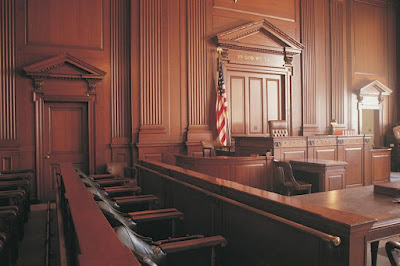 |
| Louisiana Death Chamber |
A bill in Louisiana that would have given the state one of the toughest execution secrecy regimes in the US has been pulled by its Republican sponsor at the last minute.
Observers had expected the bill, HB 328, to go through without difficulty. It had already received the approval of both houses of the state legislature and was awaiting final agreement on amendments. Among its provisions HB 328 would have prevented the public from knowing the source of the state's lethal injection drugs.
But with just hours to go before the end of the assembly's legislative session its proposer, Joe Lopinto, killed the bill unilaterally. He told reporters from local papers that he had decided in the wake of the recent uproar over botched executions in other states to play a longer game.
“We passed a resolution today to study this issue. There’s no reason for us to rush through and pass piecemeal legislation that will only be a short-term fix for something that needs a long-term solution,” Lopinto
told the Shreveport Times.
The bill would have enshrouded Louisiana’s execution procedures in near-absolute secrecy. It provided that the “name, address, qualifications and other identifying information of any person or entity that manufactures, compounds, prescribes, dispenses, supplies, or administers the drugs or supplies utilized in an execution shall be confidential, shall not be subject to disclosure, and shall not be admissible as evidence or discoverable in any action of any kind”.
The proposed legislation undermined the role played by the local board of pharmacy in maintaining oversight on the drugs bought by the department of corrections. Under the terms of the bill the prison service would have been allowed to cross over into other states to buy lethal drugs from compounding pharmacies without needing to apply for a permit from the board.
Source: The Guardian, June 3, 2014




.jpg)





